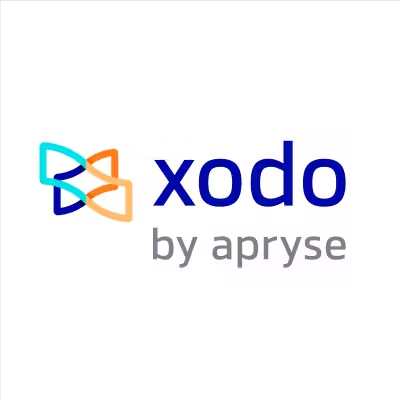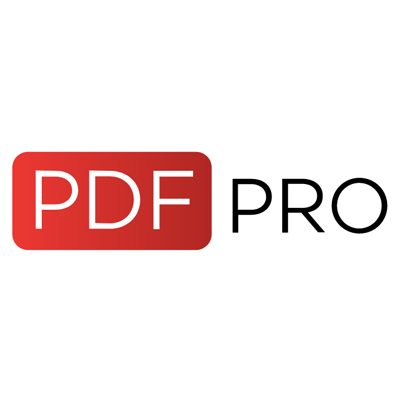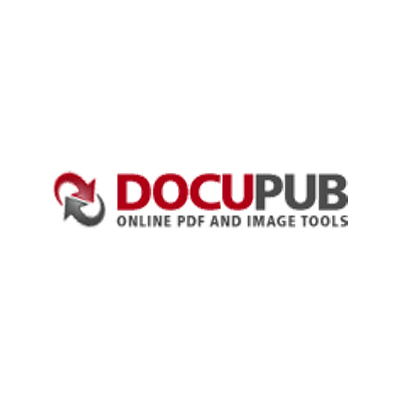Converting PDF files to JSON format can be a useful process in various scenarios. JSON (JavaScript Object Notation) is a widely-used data interchange format that is human-readable and easy to understand. By converting a PDF file to JSON, you can extract and organize the data within the PDF in a structured format, which can be particularly helpful when dealing with large datasets or when integrating PDF data with other systems or applications. There are several reasons why you may need to convert PDF to JSON. One common use case is when you have a PDF document containing tabular data, such as financial statements or survey results, and you want to extract that data for further analysis or processing. By converting the PDF to JSON, you can easily access and manipulate the tabular data using programming languages like JavaScript or Python. Another reason for converting PDF to JSON is when you want to integrate PDF data with other applications or systems that rely on JSON as the data format. JSON is widely used in web and mobile applications, making it easier to consume and process data from PDF files in these environments. Additionally, JSON files are often smaller in size compared to PDF files, which can be beneficial when working with limited bandwidth or storage constraints. There are various PDF to JSON converters available, both online and as software. These converters typically offer options for customizing the conversion process, such as selecting specific pages or areas within the PDF to convert, preserving formatting, or mapping PDF elements to JSON structures. Whether you need a free online converter for occasional use or a premium software solution for more advanced requirements, you can find a suitable PDF to JSON converter listed on our website.
























PDF files, short for Portable Document Format, are a widely used file format in the digital world. They are created to present and exchange documents reliably, regardless of software, hardware, or operating system. PDF files encapsulate the exact layout and formatting of a document, preserving fonts, images, graphics, and other elements intact. This format allows documents to be viewed and printed on different devices while maintaining their original appearance. PDF files are secure and can be password protected, limiting unauthorized access to sensitive information. They are commonly used for various purposes like sharing important documents, creating e-books, submitting legal forms, and preserving digital records. PDF files can be easily accessed and opened with free software like Adobe Reader, making them accessible to a wide range of users.
JSON (JavaScript Object Notation) files are a popular data format used for storing and exchanging information. They are often used in web development, as they provide a lightweight and human-readable way to represent data structures. JSON files consist of key-value pairs, where the keys are strings and the values can be a variety of data types, including strings, numbers, booleans, arrays, and even nested objects. The format is based on a subset of the JavaScript programming language, making it easy to parse and manipulate in code. JSON files are widely supported by different programming languages and can be easily converted to other formats like XML, making them a versatile choice for data storage and transfer.